How I Moved From Surviving the Loss of My Child to Mindful Living
/ General : Litsa
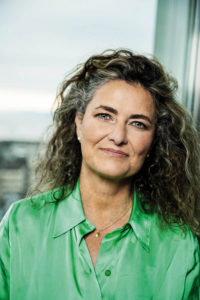
Today's guest author is Katja Faber. We were lucky to 'meet' Katja online through our grief photo challenges on Instagram. She was no stranger to grief, having suffered numerous losses in a five-year stretch, including the devastating homicide of her son, Alex. We have always been deeply moved by her writing and tireless advocacy to break the taboo of homicide loss and child loss grief. We're thrilled to share one of her articles here. In addition to her writing, Katja is a certified Compassionate Bereavement Care® counselor and runs her own fruit farm in southern Spain. Read Katja's full story at the end of this article.
- Follow her work at www.KatjaFaber.com
- Follow her on Facebook: Katja Faber
- Follow her on Instagram: Katja Faber
In the first years following the death of my son, I would talk about surviving the death of my child. I was learning to cope with daily life following the catastrophic loss and the use of the word ‘survive’ pretty much summed up my grey, anguished existence.
I’d somehow managed — through agonizing pain and suffering — to slowly patch together a shattered self.
As the months turned to years, I felt stronger and more resilient. I’d been on my knees, and now this new me could also stand up. I'd comfort myself with the thought that even though I wasn’t sure who this new self was, at least she was functioning.
In coping with daily challenges, I grew a grief muscle that helped me carry the weight of my loss. By saying I’d ‘survived’ I was acknowledging that I was now ‘living’ what tentatively resembled a normal life.
But this ‘normal’ life was a far cry from what I’d known as life before my son was killed. The sadness was indescribable; the hurt ran so deep that it dragged me down no matter the time of day. Hope had no space in my grief. From the outside, my life looked OK but inside my heart, my life was reduced to a monochrome existence.
At times I wondered whether this post-loss life could be experienced as more than just survival. It seemed an impossibility. I couldn’t imagine a future where light warmed my days and laughter was received with an open heart. Was it even possible to do anything other than exist when your child had died?
Add to that, I was so lost and hurt that I wasn’t even sure I wanted the hope of a future. It felt like a betrayal of my boy, my grief and my love.
I also needed my grief space around me — real life in the real world was too brash and unkind to face without my ‘survival’ shield. I truly believed I was too broken to do anything else other than continue trudging through life in hard-earned survival mode.
The idea that healing was possible struck me as illusionary and at times, when in the troughs of despair, utterly bewildering and even wrong. Yet I knew that what I was doing was little more than putting one foot in front of the other. And that, I understood, was not a life.
But how do we, the catastrophically broken, carry the weight of grief in a way that doesn’t make us buckle and yet allows for joy as we tentatively open our hearts again?
How do we move from surviving to mindful living?
There’s no road map for this. We’re all so different that what one person finds helpful may not be true for another. Add to that, our stories of loss are unique.
But I do believe there are pointers on the horizon that we can look towards if we manage to lift up our weary heads. Through our tears, we may be able to keep these pointers in view. And if we can do that, it probably means that we’re open to moving beyond our constant state of survival and on to a mindful life in grief.
I don’t know if my horizon pointers will help other loss parents to look beyond their today. I share them in the hope that perhaps you too may discern a future where the pain of loss can reside in the same space as love, joy, and compassion.
My Horizon Pointers
Believe Healing Is Possible:
When we’re surviving, we cannot imagine a future where we experience peace and connection. Our grief is imbued with constant, grating sorrow and it’s all we can do to keep going. It’s as if grief negates the possibility of these positive feelings.
Yet these emotions can and do co-exist when we allow our hearts to heal. I have learned that it IS possible to feel love and joy even as I hold space for my sadness and practice self-compassion. To believe healing is possible is key because it’s the first mindful step we take when purposefully integrating our grief into our future.
Let Go Of Your Old Self:
Allow yourself to become a new you. Putting together the old, pre-loss you is not going to work in the long term. Too many pieces are missing. Something else is going to have to fill the spaces where the old you died. And that something is going to grow out of the love that’s held inside your grief.
It’s the grief that’s going to show you how to re-imagine yourself and allow for growth and transformation. Grief is love, and it’s our greatest teacher.
There Are No Time Limits:
When my son Alex was killed, the part of me that was not immediately eradicated in that first, violent blow was quite soon crushed by the weight of my grief in the weeks thereafter. My body became a husk, my mind crazed like a computer reboot gone frighteningly wrong.
Learning to survive took A LONG TIME.
Equally, learning to let go of my survival mode, TOOK EVEN LONGER.
Try not to measure your journey in grief within a linear time frame. Emotions don’t work like that and neither does healing. Leave the stop-watch at the door, and step over your fear of the unknown with no expectations as to how long this is going to take.
A lifetime is a pretty good guess, so time is irrelevant. No one traveling this road needs the added stress of other people’s expectations regarding time limits, and you certainly don’t need to put pressure on yourself.
Ignore those who tell you that you should be ‘over it by now’ — your journey, your loss, your healing.
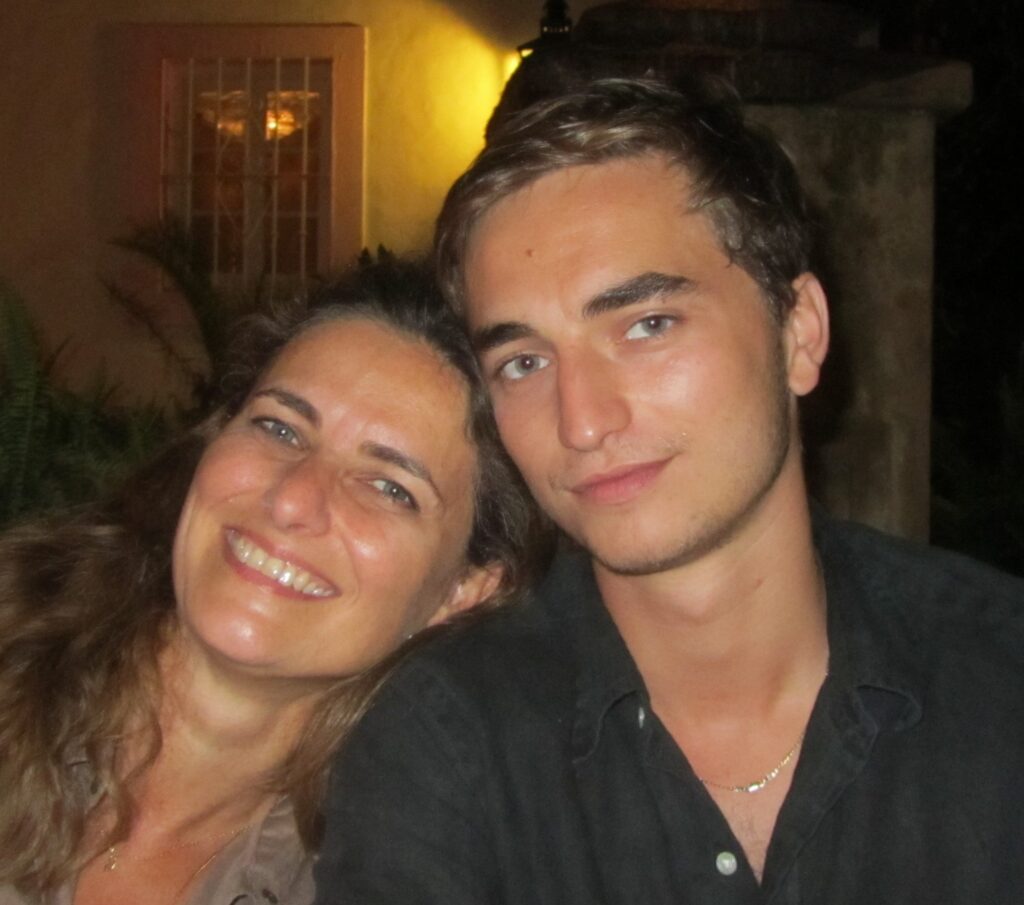
Katja Faber with her son, Alex
Katja Faber first experienced profound loss aged 22 when she took time out of her law studies to care at home for her terminally ill father. Following his death, she went on to work as a criminal defence barrister in London. However, she soon became disillusioned by the legal system, which she perceived as being ill-equipped in providing a just outcome for both defendants and victims, and retrained as a journalist. She subsequently worked in TV and as a freelance journalist whilst bringing up her three children.
In 2013, her mother, uncle, and aunt died within three weeks of one another. In 2014, her eldest son, Alex, was brutally murdered in Switzerland by someone he knew. Three years later, her brother suffered a fatal heart attack. As she herself says, “I learned a lot about traumatic grief in the space of five years.” She has worked tirelessly for justice for her son as a means of channelling her grief and to ensure that the killer was put behind bars. Her fight through the law courts took nine long arduous years.
Today, Katja writes about grief and is a certified Compassionate Bereavement Care® counselor. She hopes to inspire others in seeking justice for their loved ones and through her writing and advocacy break the taboo of homicide loss and child loss grief. She runs her own fruit farm in southern Spain, a magical place where she regularly welcomes those in need of support and healing.
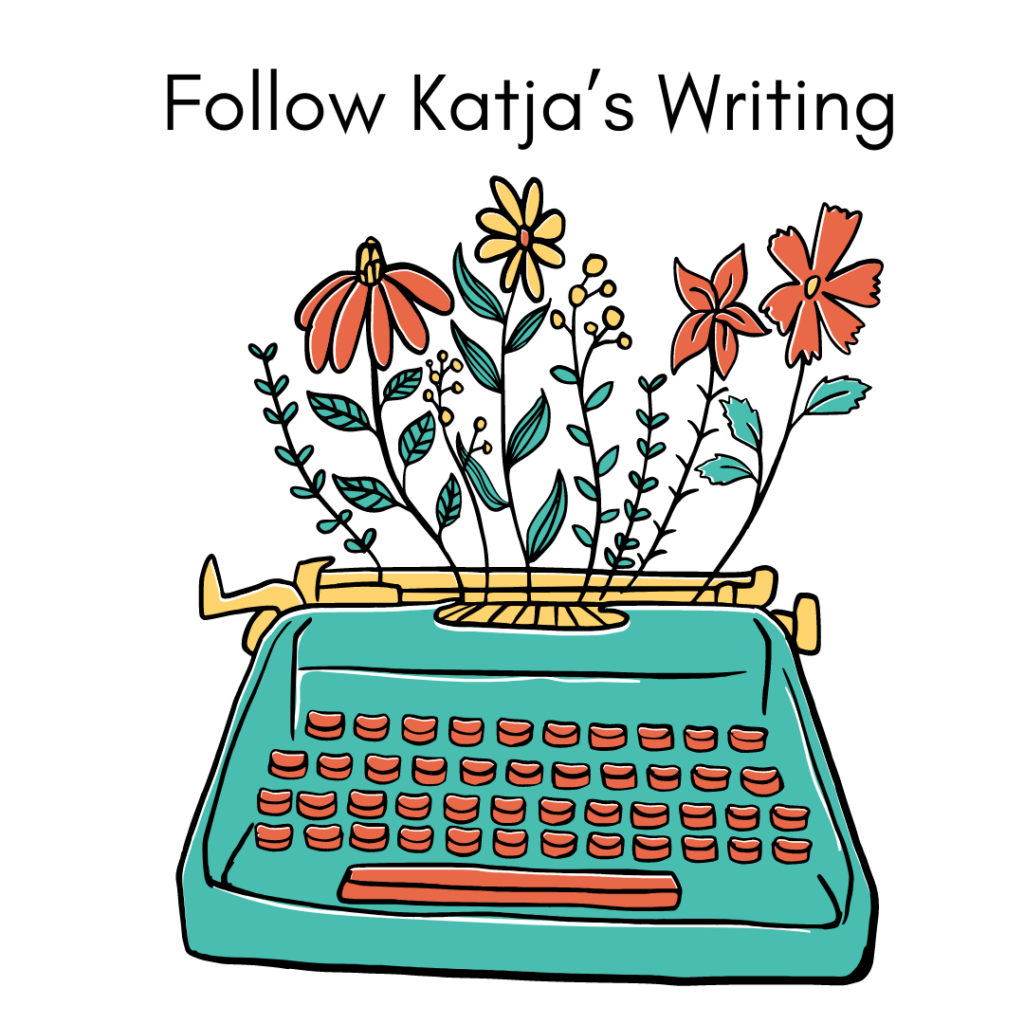
- At www.KatjaFaber.com
- On Facebook: Katja Faber
- On Instagram: Katja Faber

We invite you to share your experiences, questions, and resource suggestions with the WYG community in the discussion section below.
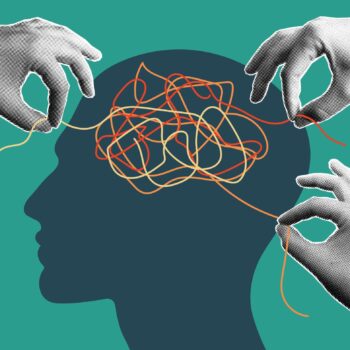
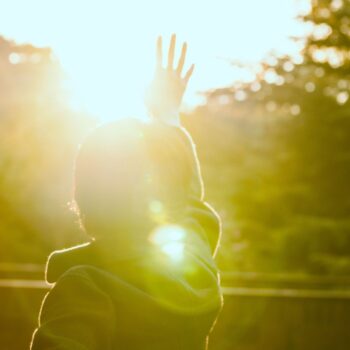
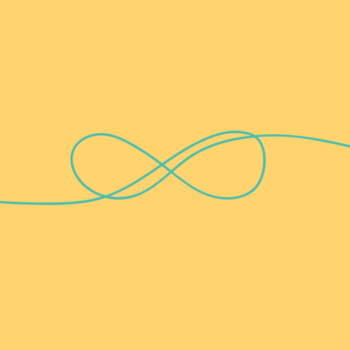
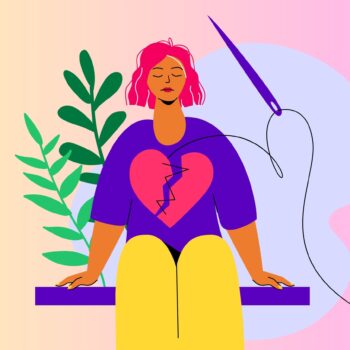
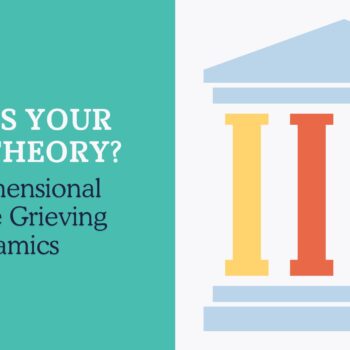
Mags July 3, 2024 at 1:38 pm
Katja, you are so right, I will never be the same person as I was before losing my twin sister and, then, husband to cancer within a space of 8 months.
Who was I after it all happened? A blob, a placeholder, an automaton, a traumatized amputee. Who am I now? A work in progress. Or so it seems, and I’m not just a little surprised to still be here and saying this 9 years later.
My heart is still broken, my life is still has giant holes in it, but slightly, just slightly, softened around the edges. Thanks for your thoughtful words and for giving me something to reflect upon.
Jamie May 12, 2024 at 1:34 pm
It’s been 4 years since my oldest son Dalton, was killed in an accident. He was 23. My husband and I exist with 3 other living children but my husbands family doesn’t get the heartbreak we live with every day and how hard it is to just ‘carry on’. Some days are a struggle. Mother’s Day is one. Birthdays. So for any parent who’s lost a child. May you find some Peace in our world of why horrible things happen. God Bless🌺💕❤️
Bruce F May 7, 2024 at 6:42 pm
Dear Katja, I was moved to tears by your fascinating and insightful article. The thing that spoke to me the most was realising that I should aim to create a new me out of the parts that are left following my bereavement. The old me is no more.
My first love, Sarah, died aged just sweet sixteen in a terrible car accident in 1980. I wasn’t with her at the time. I miss, and grieve for, her still.
44 years is a long time to pass before hearing the truth expressed in your statement, but it’s been worth the wait
Thank you
Mark May 7, 2024 at 5:28 pm
Dear Kathy thank you. Your words captured how I have felt in my grief simply and intelligently. It was like meeting an old friend. For some reason I could not really describe how I felt until I read your words. Feeling incomplete, empty, one foot in front of the other but with no real purpose or sense of direction. I have come to accept that grief is part of the human coping mechanism. It initially protects you from the horror of loss by numbing your feelings. You tend to retreat inwards to process very upsetting emotions. The problem is you fall into survival mode, then fear looking forward will lose you the precious past, you feel disloyal to your lost loved one use thinking about having a future.
Your comment about it not being enough to stick your old self back together, because so many of the pieces are now missing, is so true. However the flip side is how to build a new future when so many pieces are also missing. Purpose, location, opening up to ew people in your life, etc, is just as hard. I guess the best you can hope for is salvage what you can from the past, try to slowly reach for a new and unplanned future, combining the two but accepting some of the parts might not fit to well together. That on going jarring at the edges is what you refer to as incorporating ongoing grief at a less intense level into your future. It will never go fully away but that is the price of having loved and lost. It is a price I accept, a bargain that was worth making. Without love what is the point of any life, old or new.
Thank you again for your wise words. I wish you well for the future.